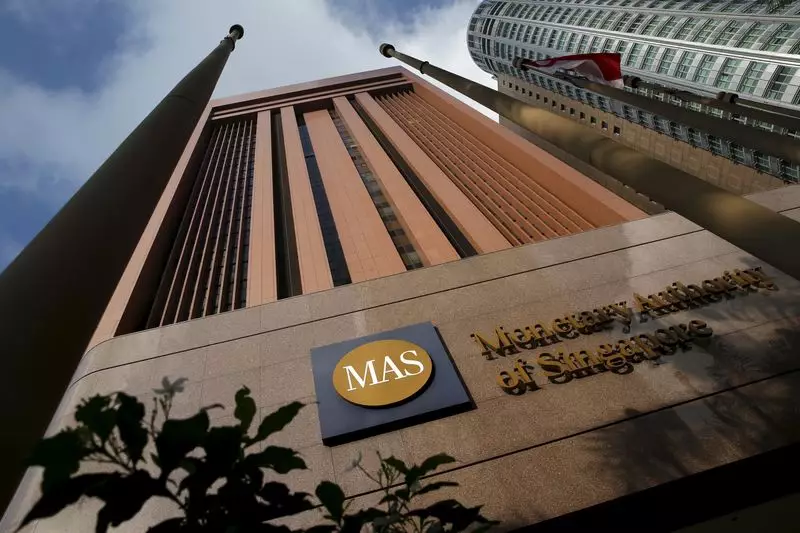Singapore’s central bank, the Monetary Authority of Singapore (MAS), is facing a challenging decision regarding its monetary policy in 2024. With inflation remaining stubbornly above the target of 2%, there is pressure on the MAS to make adjustments. In January, inflation cooled to 3.1% but increased to a 7-month high of 3.6% in February due to seasonal effects from the Lunar New Year. This has complicated the decision-making process for the central bank.
Central banks around the world are beginning to reverse their rapid interest rate hikes in response to economic conditions. The Swiss National Bank and the European Central Bank have already made moves to cut rates, signaling a shift in monetary policy. However, MAS is expected to proceed cautiously, taking into account both growth and inflation concerns. Historically, MAS has not rushed to ease monetary policy after inflation peaks, opting to maintain its appreciating policy stance.
Singapore’s economic growth has slowed, with GDP rising only 1.2% in 2023 compared to 3.6% in 2022. The trade ministry projects a growth rate of 1% to 3% in 2024, indicating a continued slowdown in the economy. Economists have revised their growth forecasts, but there are still concerns about the overall trajectory of the economy. MAS has left its monetary policy unchanged in recent reviews, reflecting these growth concerns.
MAS uses a unique approach to monetary policy, managing the Singapore dollar’s exchange rate against its main trading partners’ currencies. This approach, known as the Singapore dollar nominal effective exchange rate (S$NEER), allows MAS to adjust policy using three levers: the slope, mid-point, and width of the policy band. While analysts expect policy easing to happen in October at the earliest, MAS is likely to proceed cautiously given the current economic conditions.
The Monetary Authority of Singapore faces a challenging decision regarding its monetary policy in 2024. With inflation stubbornly above target and economic growth slowing, there is pressure on MAS to make adjustments. While global central banks are beginning to reverse their interest rate hikes, MAS is expected to proceed cautiously, taking into account both growth and inflation concerns. It remains to be seen how MAS will navigate these challenges in the coming months.

